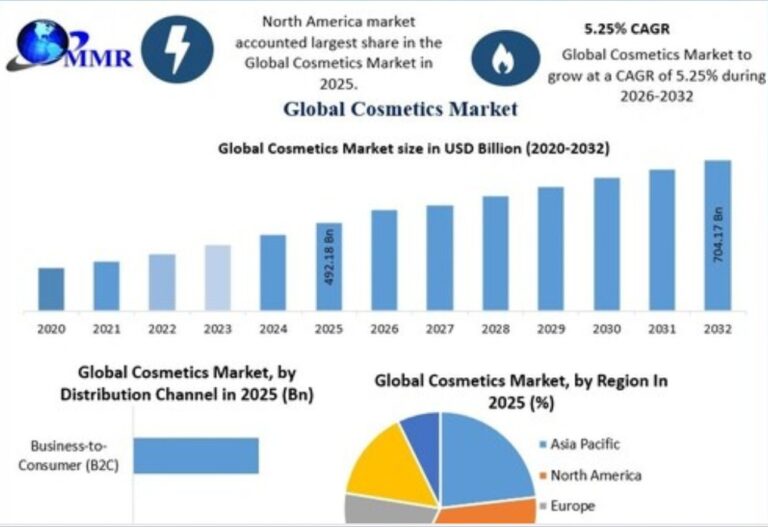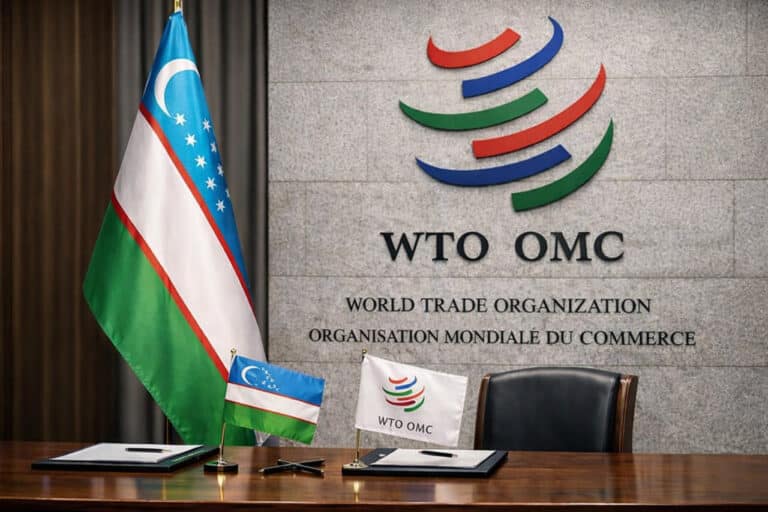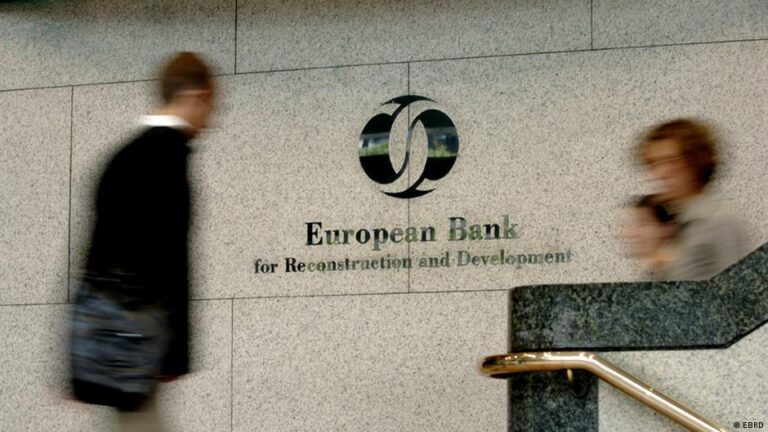
Since March 1, Uzbekistan has launched a voluntary digital labelling project for dietary supplements (DSs). This initiative aims to formalise the market and make it safer for consumers and businesses. Here is why it matters.
In recent years, demand for DSs in Uzbekistan has grown steadily. During and after the pandemic, more people began prioritising their health and immunity, often turning to supplements.
A Kursiv Uzbekistan survey in August 2024 found that in cities with over 500,000 residents, one in three respondents use supplements regularly.
While this health-conscious behaviour is positive, the DS market in Uzbekistan remains opaque. The presence of counterfeit and grey-imported products is high. Digital labelling seeks to eliminate these risks.
Benefits for Consumers
Quality and Safety
Counterfeit supplements carry serious risks. What looks like a health product may be a placebo or even harmful. Verified products are essential for safety.
With digital labelling, consumers can confirm a product’s authenticity. They can see if it has passed safety checks and meets quality standards. This reduces the risk of buying dangerous or fake goods.
Full Transparency
Scanning the Data Matrix code on the packaging allows consumers to trace the product’s journey from factory to shelf. They can see:
- whether the supplement was legally imported
- who manufactured it and when
- its intended benefits and expiry date
The unique code also contains usage instructions, helping users take the supplement in the correct dosage and frequency.
Consumer Rights Protection
If a product causes harm or proves ineffective, labelling helps consumers claim their rights. Without a label, proving the origin or quality of a supplement is difficult. The packaging could be fake or part of an undeclared shipment.
Labelling provides strong evidence and tools for resolving disputes or initiating returns.
Benefits for Businesses
Consumer Trust
Labelling is a state-verified mark of quality. It cannot be forged. When consumers see a labelled DS, they feel more confident about the purchase. This builds trust and supports sales growth and brand reputation.
Counterfeit Prevention
The DS market is vulnerable to forgery. Counterfeit harms both consumers and honest businesses. Those operating legally and paying taxes face unfair competition.
Digital labelling will change this. The product’s journey from production to retail is recorded. Any irregularities become visible. Counterfeit supplements will no longer enter the legal supply chain.
Once labelling becomes mandatory, the profit margins of counterfeiters will fall. They will have to either legalise or leave the market.
Increased Sales Potential
All else being equal, consumers prefer products they can verify. When a supplement carries a scannable code, buyers know it is registered and inspected. If needed, they can trace the manufacturer, seller or batch.
This shifts purchasing from guesswork to informed choice. Trust is a strong driver of consumer demand.
Easier Control and Reporting
With proper implementation, digital labelling becomes a powerful business tool. Companies can monitor delays, prevent theft, track movement and quickly isolate defective batches.
Manual inventory checks and complex reporting become unnecessary. The system logs stock, transfers, sales and disposal automatically.
From Accounting to Strategy
Labelling also enables market analysis. Businesses can identify:
- which products perform best in each region
- seasonal demand patterns
- which product lines should grow or be phased out
In short, digital labelling is a strategic planning tool. It helps firms adapt to the market, launch new products, and cut underperforming items.
Digital labelling makes Uzbekistan’s DS market safer and more transparent. Consumers gain protection and confidence. Businesses receive tools for control and growth. This is a step towards a fair and modern system where everyone benefits.
Why Domestic Producers and Importers Are Supporting Labelling
As noted, Uzbekistan launched its voluntary digital labelling project for DSs on 1 March 2025. The aim is to tackle smuggling, counterfeiting and protect consumers. Participation is voluntary for now, and the state provides labelling codes free of charge.
We spoke with early adopters who support the initiative and shared their views on the project.
Inara Shakhanova, Managing Partner at STM Holding

What are the biggest problems in Uzbekistan’s DS market?
“The main issue is the huge shadow market. We constantly receive complaints from customers. This harms both the state and consumers. The government loses revenue and the public buys low-quality supplements that were produced or imported without meeting proper standards.”
What do you think of the voluntary labelling introduced in March?
“This is a very important step. We support the initiative and hope it will reduce domestic counterfeiting and the import of illegal products into Uzbekistan. Our company is joining this project. We are proud to be among the first, just as we were when labelling was introduced for medicines.”
What changes for consumers?
“Control will be stronger. Every buyer can verify product quality by scanning the code via the Asl Belgisi mobile app. They will see whether the product is original and certified. It ensures that the product was imported in compliance with the law.”
Should DS labelling become mandatory in the future?
“Yes, definitely. We support that. In Russia, mandatory labelling helped formalise the market and made it far more transparent.”
Bahodir Mirzaev, Head of the Digital Labelling Project at Merrymed Farm

What is your view on DS market trends in Uzbekistan?
“The market continues to grow steadily, as in many other countries. More manufacturers are entering. The product range is expanding. DSs are becoming more accessible and accepted as part of a healthy lifestyle.”
What is your opinion on the voluntary labelling initiative?
“It is a key step. Consumers will be able to access reliable information about product origin and composition. Trust in the product will rise. Labelling also helps in the fight against counterfeits and protects buyers.”
Why is it voluntary at this stage?
“We need to test the processes before mandatory adoption. This phase helps fine-tune the system.”
How will consumers benefit?
“They will benefit significantly. Digital labelling gives details about the manufacturer, ingredients, shelf life and more. This helps buyers make informed choices and avoid fake products. The system also limits the spread of forgeries, ensuring only safe and genuine goods reach the shelves.”













